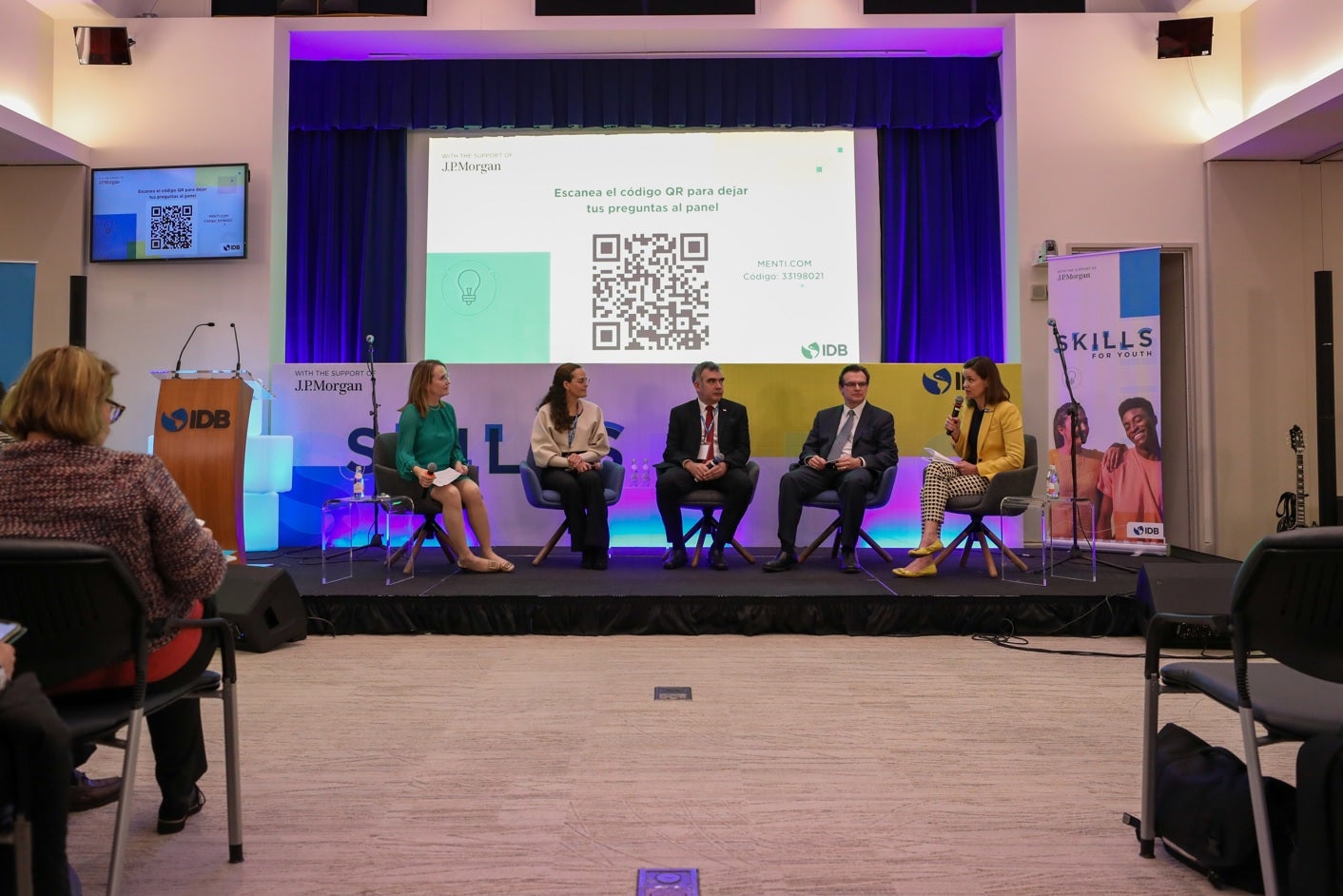A year of education is estimated to raise future earnings by 10%. That is a large and significant return, along with the other benefits of more education. And that’s only what the person pursuing the education can expect to receive. One’s family, community, and country also benefit. That is to say, education has both private and social returns.
One way that countries benefit is that education raises national income. But not just any education; it has to be a quality education. That is, skills must be enhanced. When they are, then the impact is large.
Increasing Skills Leads to Economic Growth
Using comparable overtime data on learning outcomes (Harmonized Learning Outcomes), a 1% increase in skills leads to a 6% increase in national economic growth. A large part of the skills measured relates to basic foundational skills, such as reading and math. Basic skills must be obtained early on.
Fortunately, we know how to improve early skills. Early childhood development programs work, as we have seen from such long-term assessments in Jamaica. After that, early reading programs work well, as we have seen in many countries. The first step is to measure, disseminate what works, and improve outcomes.
Information is powerful. Even simply measuring and reporting outcomes can generate improvements. We have seen this in several countries. For example, the state of Colima in Mexico implemented a student assessment system. They disseminated the information to schools. Without any other intervention, learning outcomes improved in just one academic year. Similar outcomes were reported in Pakistan with the use of simple report cards.
Beyond Foundational Skills: The Importance of Non-Cognitive and Social Skills

Youth need more than only foundational skills. They need to build on those skills and obtain reading and mathematics fluency. This can be done by extending opportunities for students from disadvantaged backgrounds to attend comprehensive schools, as Finland did in the 1970s and in Poland since the early 2000s. That alone will improve learning opportunities for weaker students. Then they need to develop their non-cognitive and social skills. These other skills include problem-solving, personal management, social and teamwork skills, learning skills to acquire new knowledge and communication.
COVID-19 and the ensuing school closures challenged education systems. There are reports of learning losses due to school closures in more than 40 countries. There is a need for immediate action for struggling students in high school at risk of dropping out. These may include:
- Remediation/compensatory education: intervene with what works, such as tutoring
- Motivation: give more information to at-risk students so that they won’t drop out, as was done in the Dominican Republic; adjust programs to focus on fundamentals and allow youth to catch up; teach differently, e.g., incorporate entrepreneurship/financial literacy courses
- 2nd chance education for those that drop out, such as this
Even better, consider abolishing selection exams. They stigmatize and often do not produce enough information.
Skills Development: the Next Steps
Policymakers must promote this process through their political and financial commitment to improve learning outcomes. They need to say this and put up the funds.
They also need to measure and monitor learning outcomes. After all, it is very difficult to improve something if you don’t know how you are doing.
Finally, an investment plan to improve learning is needed. It is time to put education and skills first and prioritize skills development for youth.
Do you want to know more about how we promote 21st-century skills in Latin America and the Caribbean? Click here. Also, read this blog post about the event “Skills for Youth. Invest in the human capital of Latin America and the Caribbean”. Relive that encounter here.


Very interesting! We should be discussing HOW we are going to enhance learning skills. We need handy on syllabi